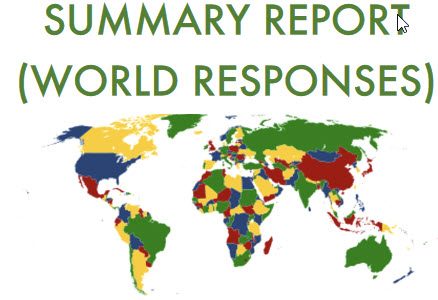Dr David Swanton surveyed voluntary assisted dying (VAD) advocates around the world throughout 2020–2021. Some of you may know David because he runs the Exit group here in Canberra. He thanks the 52 ACT residents who responded to the survey.
His survey was not designed to determine popular opinion on VAD. There has been significant majority support for VAD over many years. His Ethical Rights survey asked VAD advocates for their views on the ethical and policy/regulatory issues as well as their individual preferences on matters that arise in the public debate on VAD. Consequently, the survey’s results, summarised as key messages in the survey’s Summary Report (see link below), are highly relevant as governments work towards regulating VAD.
The survey’s analysis provides data that removes subjectivity from the euthanasia debate. The survey was developed to:
- seek views of VAD advocates on a range of VAD issues
- provide data which can be used to inform VAD organisations so that they can make cogent cases to politicians, media and detractors
- help VAD advocates and others to think more about VAD issues
- broaden the VAD debate as appropriate, and
- provide a basis for a longitudinal VAD study.
A total of 1640 respondents from 31 countries responded to the survey. Respondents’ views were sought on many issues, including for example, whether VAD should be a right for all adults, whether being terminally ill should be an eligibility criterion (a necessary condition) for regulated VAD and what ought to be the role of doctors, if any, in VAD.
Significantly, VAD advocates were overwhelming supportive of VAD being available to people who had advance care directives and who were suffering unbearably (and not necessarily terminally ill). In addition, there was majority support for immediate VAD eligibility for people in palliative care and people of advanced years. Moreover, survey respondents did not consider that the most common VAD regulatory criteria: being terminally ill; having limited life expectancy; having 2 doctors approval and doctors administering drugs; and residency/citizenship criteria; were important or necessary VAD eligibility criteria.
The survey also expands the VAD debate through obtaining respondents’ views on more challenging issues, such as whether there are any attributes that could make a person automatically ineligible for voluntary assisted dying, such as being a convicted criminal, being a child, being pregnant, or having dementia. The results are very interesting to interpret!
The four pdf documents linked below contain the survey’s Summary Report, Results, Supplementary Material and Survey Questions for all respondents respectively. Trends from the ACT and Australia were very similar to the world trends.
- The World VAD Summary Report 2021. This document summarises the survey’s key messages and outcomes that can be inferred from survey responses, as well as providing background and demographic data.
- The World VAD Results 2021. This document presents survey responses (from all respondents around the world) graphically.
- The World VAD Supplementary Material 2021. This document analyses a number of survey responses, contrasts them with conditions in some VAD regulatory systems, poses questions that will encourage more people to think critically about VAD issues, and ultimately facilitate the development of VAD regulatory systems to better reflect the needs of those wishing to access VAD.
- The VAD Survey Questions 2021. This document contains the survey questions, the responses to which are presented in the Results document.
Further information will be made available on the Ethical Rights website at www.ethicalrights.com.


